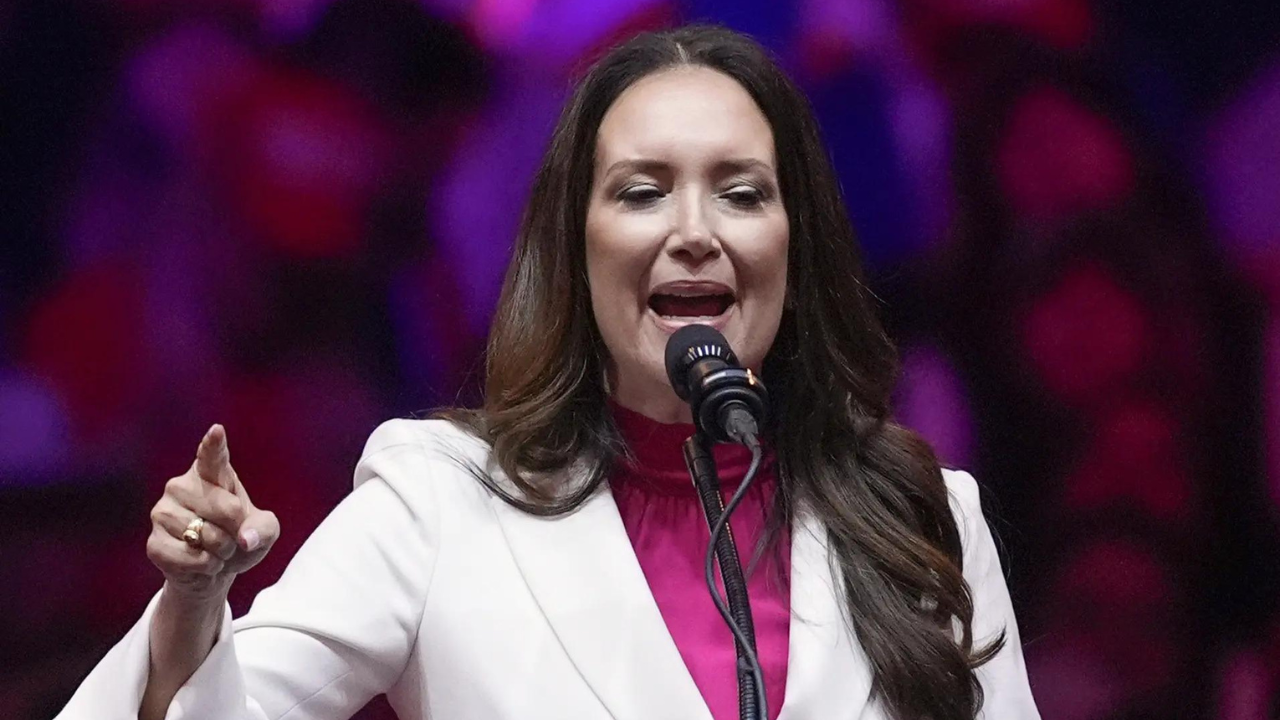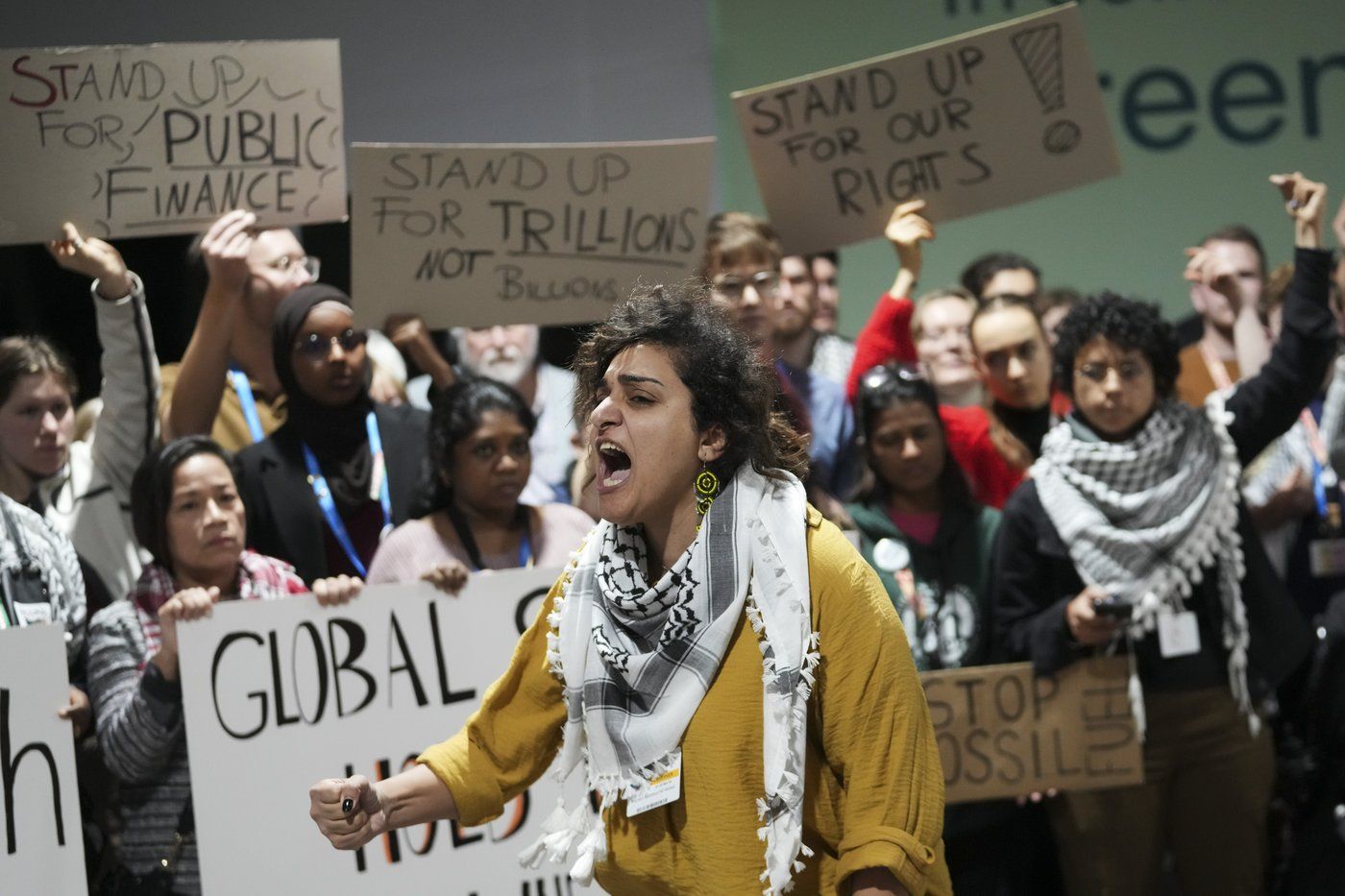ARTICLE AD BOX

One considers itself to be "the mother" of democratic parliaments, the other is an Islamic theocracy. While Britain's and Iran's legislatures are vastly different, they do share something in common: clerics.
Twenty-six Church of England bishops and archbishops automatically sit in the House of Lords, the United Kingdom's unelected upper chamber, a centuries-old right that angers democracy campaigners and secularists.
Electoral reformers complain that the UK is the world's sole democratic sovereign state to reserve legislative seats for religious representatives. They note that Iran is the only other country to do so.
The Anglican bishops were in the spotlight recently when they and fellow peers scrutinised Conservative Prime Minister Rishi Sunak's controversial plan to deport migrants to Rwanda, as they prepare to vote on the scheme soon.
Archbishop of Canterbury Justin Welby -- the highest-ranking cleric in the Church of England, the leading church of global Anglicanism -- warned that the proposal was leading the UK down a "damaging path".
Speaking from the Lords' distinctive red benches, Welby said Sunak's contentious plan, decried by rights groups, would "outsource" the UK's "legal and moral responsibilities for refugees and asylum seekers".
His intervention in the highly charged political issue highlighted the presence of the Anglican leaders in the Lords, which dates back to medieval times and comes from the Church of England's position as England's establishment church.
The bishops are known as Lords Spiritual and have the same rights revising and voting on legislation as appointed life peers and hereditary peers, who together are called Lords Temporal.
- Independent minded -
"I think they see themselves as offering some sort of moral dimension," Daniel Gover, a politics expert at Queen Mary University of London told AFP.
The number of Lords Spiritual has fallen from around 90 in the 1300s to the 26 it has been capped at since 1847. Today, they represent just three percent of the Lords' total membership of 785.
Five senior bishops and archbishops automatically receive spots, and the church selects the other 21.
They take on portfolios for specific policy areas that interest them and must retire when they are 70, unlike other peers. They have no party affiliation so are not "whipped" into voting a certain way.
Richard Chapman, head of parliamentary affairs for the Church of England, said the bishops take their role "extremely seriously".
"If they vote on an amendment to a bill it is because they want to improve it, or because there is some wider principle at stake," he told AFP.
It is "not because of a party political line or because they want to advance or set back the interest of this or that party".
- 'Indefensible' -
Their presence is controversial, however.
Critics point out that other UK churches -- like the protestant Church of Scotland -- are not reserved seats. Religious leaders can be appointed as secular peers, though.
Kathy Riddick of Humanists UK, a charity which promotes secularism, says the places are "out of step" with a modern Britain that is increasingly non-religious, and among those who do have a faith, non-Anglican.
"The only other sovereign state which awards clerics of the established religion votes in the legislature is Iran," Riddick told AFP.
More than 100 MPs and Lords comprising the All-Party Parliamentary Humanist Group called in 2020 for the Church of England's automatic representation to be repealed, while also making the comparison with Iran.
Gover, the political scientist, stresses that the bishops' limited influence is incomparable with the considerable power that Shia clerics wield in Iran's theocratic republic.
The Lords Spiritual tend to have a relatively low attendance due to full-time roles running dioceses, and their votes rarely affect the final result.
"It's clearly a very different type of representation," said Gover.
The bishops have survived numerous attempts at reform, but another threat may come if the opposition Labour party wins a general election later this year as expected.
Its leader Keir Starmer has called the upper chamber "undemocratic" and "indefensible", and has said he would like to see it replaced with an elected "Assembly of the Nations and Regions".
.png)
 8 months ago
6
8 months ago
6








 English (US)
English (US)